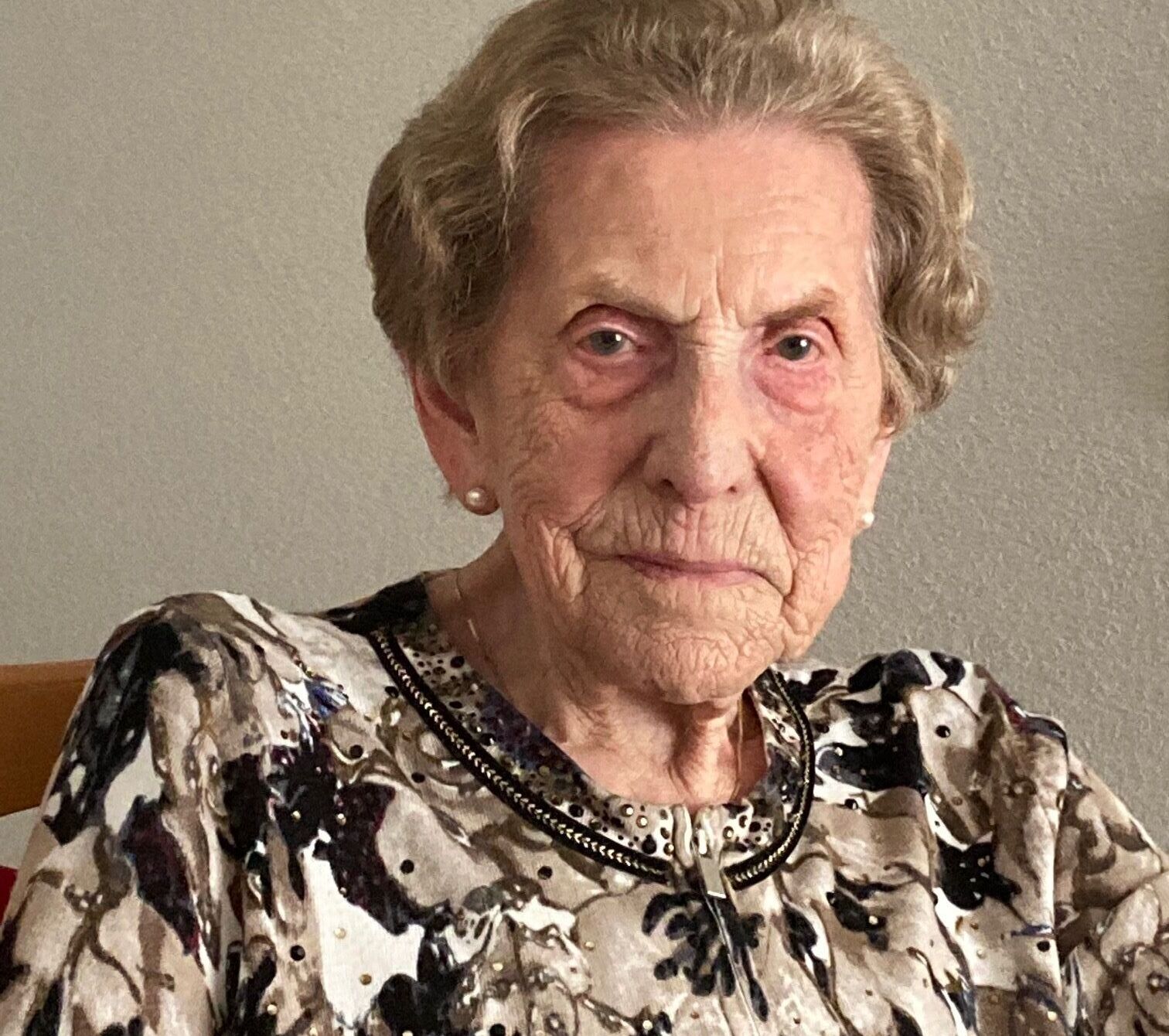Good hearing in old age is central to participation in social life. More and more older women and men are opting for a cochlear implant when hearing aids are no longer sufficient. The 5000th cochlear implant in Switzerland was recieved by a 72-year-old patient. Hedy H. decided to have the operation at the age of 89.
Cochlear implants (CI) are primarily known as a hearing aid for children born deaf. However, people who are deaf later in life can also improve their hearing with a cochlear implant. Recently, a 72-year-old patient of the Department of Otorhinolaryngology, Head and Neck Surgery at the USZ received the 5000th cochlear implant of Switzerland.
Often not all possibilities are exhausted
“Good hearing in old age is very important,” says Alex Huber, director of the Department of Otorhinolaryngology, Head and Neck Surgery the Cochlear Implant Center at USZ. “The acceptance of hearing aids has grown considerably in recent years with the modern devices. However, if hearing deteriorates to the point where no improvement can be achieved with the hearing aid, unfortunately often no effort is made to improve hearing once again and exhaust all possibilities.”
Social exclusion can accelerate dementia
However, many affected people develop inhibitions to participate in social life when, due to their deafness, they can no longer follow conversations, concert visits, but also listening to the radio and watching television are no longer a pleasure, and talking aon the phone with relatives and friends is also no longer possible. They withdraw and thus increasingly fall into social isolation. However, this not only means that participation in culture and shared events is no longer possible, but the lack of active exchange and stimulation can also cause dementia to progress more quickly and thus lead to a premature loss of independence and to depression. Alex Huber therefore advocates considering a cochlear implant even at an advanced age. “There is basically no age restriction for a cochlear implant” says Alex Huber. “Because hearing with a CI is not directly comparable to “normal” hearing, all CI users have to relearn how to hear with it and keep practicing. Age is not an issue if the motivation is there.”
Dared the operation at the age of 89
Hedy H. received her cochlear implant at age 89. In addition to a longstanding unilateral hearing loss, the hearing ability in her ear, which had previously been good, dropped to almost zero within a very short time. Drug treatment did not bring lasting improvement. The active and sociable woman was suddenly surrounded by silence. The CI team at the USZ suggested a cochlear implant for her. A difficult decision, which she discussed together with her family. Another older CI wearer, whom the USZ was able to refer to her encouraged her bravery. “I like being out and about and being with people. That’s why I couldn’t imagine a life without hearing,” she says today, ten years after the operation and a few days before her 99th birthday.
Even before the procedure, she and her relatives planned for the time afterwards, because she was temporarily dependent on the support of her family for trips to hearing training, training at home and communication in everyday life. But after only 13 trainings she heard well again with the implant and still lives independently. She also copes well with the technology of the CI. Conversations, phone calls, watching TV and playing with the great-granddaughter are possible without any problems. She also keeps physically fit with balance exercises and weekly workouts at the gym. Once a year she travels to the CI center at the USZ for a check-up. “My ambition certainly helped me to get on well quickly. But it took about a year for everything to settle in. I couldn’t have done it without my family,” she says looking back. “But if you have the will and the right environment, I can only advise you to take this step.”
